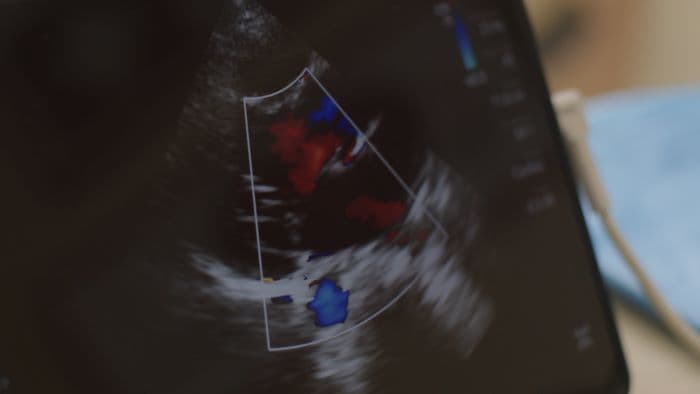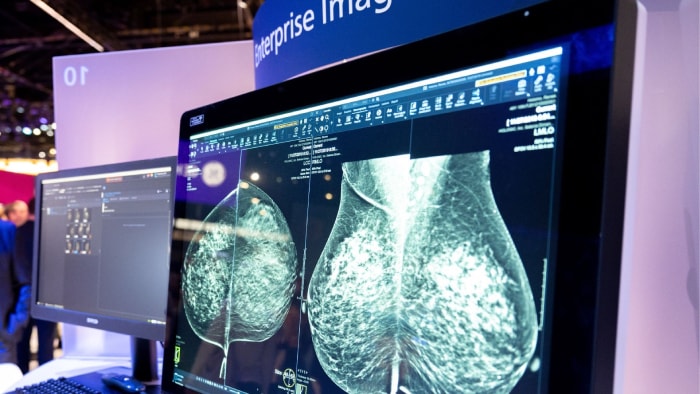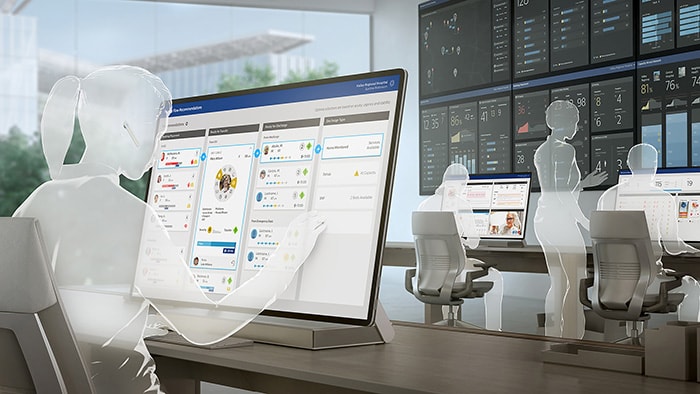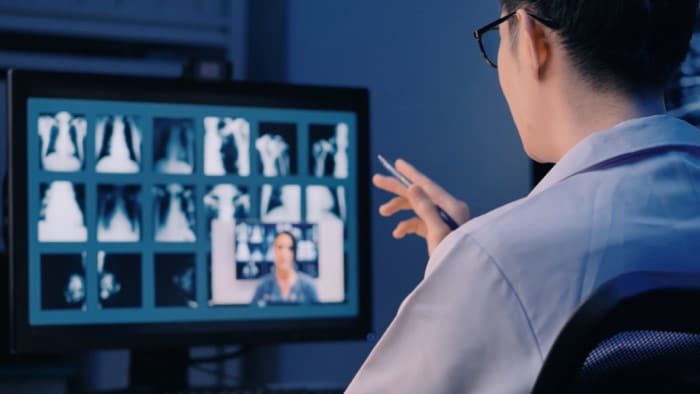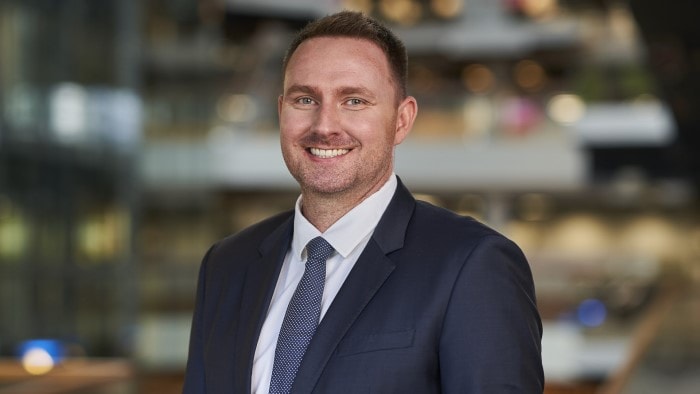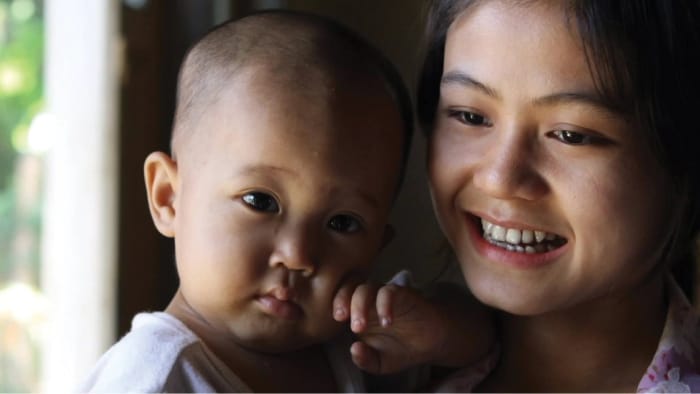By Ivy Lai, Country Manager, Philips Singapore
Sleepless Singaporeans are making headlines again for not clocking enough sleep. In conjunction with World Sleep Day, 15 March 2019, Philips released the results of its annual sleep survey “The Global Pursuit of Better Sleep Health”, which surveyed over 11,000 adults in 12-countries worldwide. Countries in Asia Pacific including Singapore, Australia, China, India, Japan and South Korea were involved in this survey to capture attitudes, perceptions, and sleep behaviors across the region. According to the survey, it revealed that Singaporeans are among the world’s worst sleepers, clocking in a mere 6.3 hours of sleep on weekdays and 6.7 hours on weekends – lower than the global average of 6.8 and 7.8 hours respectively. More worryingly, four in 10 Singaporeans say their quality of sleep has worsened over the past five years, pointing to stress as the biggest culprit for keeping them up at night. Sleep is strongly connected to overall health. With sleep not being prioritized by the nation, medical experts warn that the overall impact of Singaporeans’ health status will be affected. In fact, sufferers of the most common sleep disorder, Obstructive Sleep Apnea (OSA), are at a higher risk of other chronic diseases such as hypertension and diabetes. Globally, it is estimated that of the 100 million people who suffer from sleep apnea, 80% remain undiagnosed and this trend is apparent on our shores too. Today, with as many as 1 in 3 Singaporeans suffering from moderate to severe OSA, and 91 percent not being diagnosed, more still needs to be done to address the rising health burden of sleep deprivation in Singapore1.
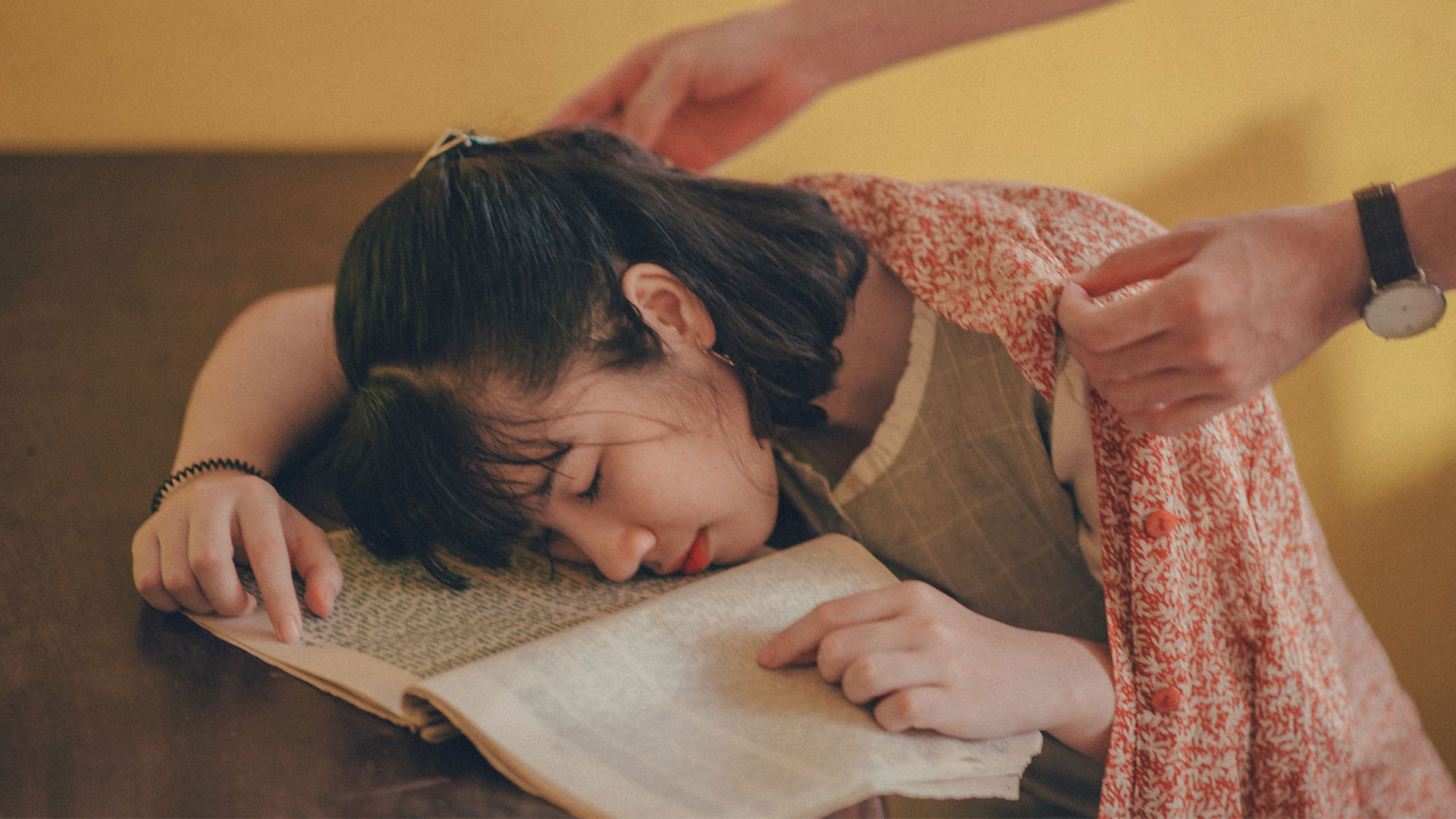
Wake up to the signs and barriers of OSA diagnosis
We recognize that OSA is a tricky disease to diagnose because its common symptoms are often stigmatized and downplayed. OSA is also considered an embarrassing disease to be living with and can have a negative impact on an adult’s quality of life2. Symptoms of OSA include sleepiness and fatigue with snoring being a major symptom, though not everyone who snores have OSA. To help bridge the awareness gap of OSA among the public, we have created an easy yet interactive quiz, “Save Our Sleep”, which encourages people to conduct a quick assessment of their sleep apnea risk levels. With the global survey revealing that 41 percent of Singaporeans are open to seeing a sleep specialist to learn more about sleep and/or treatment options, taking the quiz will help to facilitate meaningful discussions with their doctors.
Our commitment to Singaporeans and the region
Through our ongoing efforts to improving sleep quality in Singapore, we launched Southeast Asia’s first Sleep and Respiratory Education Center in 2018 to train healthcare professionals across the region to better diagnose and treat sleep disorders. Physicians across the world can join our training programs where they learn how to identify abnormal sleep patterns, conduct home sleep tests with more accessible treating options such as the as Philips Alice NightOne, and carry out in-laboratory sleep studies. The latest sleep and respiratory therapy technologies and solutions are also available at the Philips Sleep and Respiratory Education Center for training and demonstration purposes. These include the connected DreamStation Sleep Therapy Devices and non-invasive ventilator, oxygen therapy and respiratory drug delivery solutions. Beyond raising awareness through education about the importance of sleep, Philips is continuously innovating sleep solutions rooted in clinical evidence and technical data that work together to promote better sleep habits. Our key objective behind these innovations is to improve patients’ outcome, as we believe there’s always a way to make life better.
About Innovation Matters
Innovation Matters delivers news, opinions and features about healthcare, and is focused on the professionals who work within the industry, as well as Philips as a cutting-edge health technology organization. From interviews with industry giants to how-to guides and features powered by Philips data, our goal is to deliver interesting, educational and entertaining content to empower and inspire all those who work in healthcare or related industries.
You are about to visit a Philips global content page
Continue





